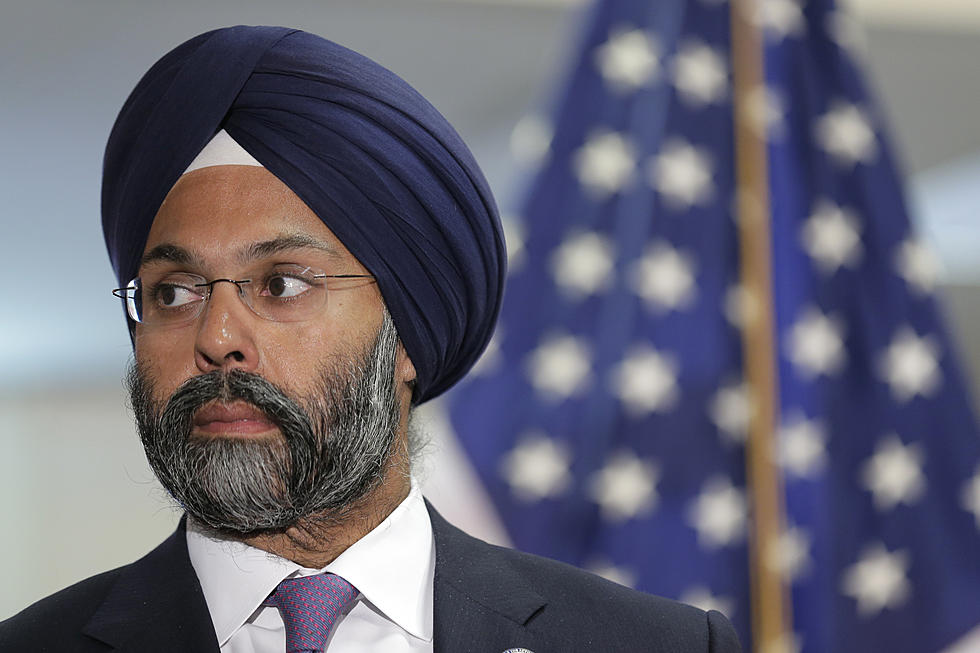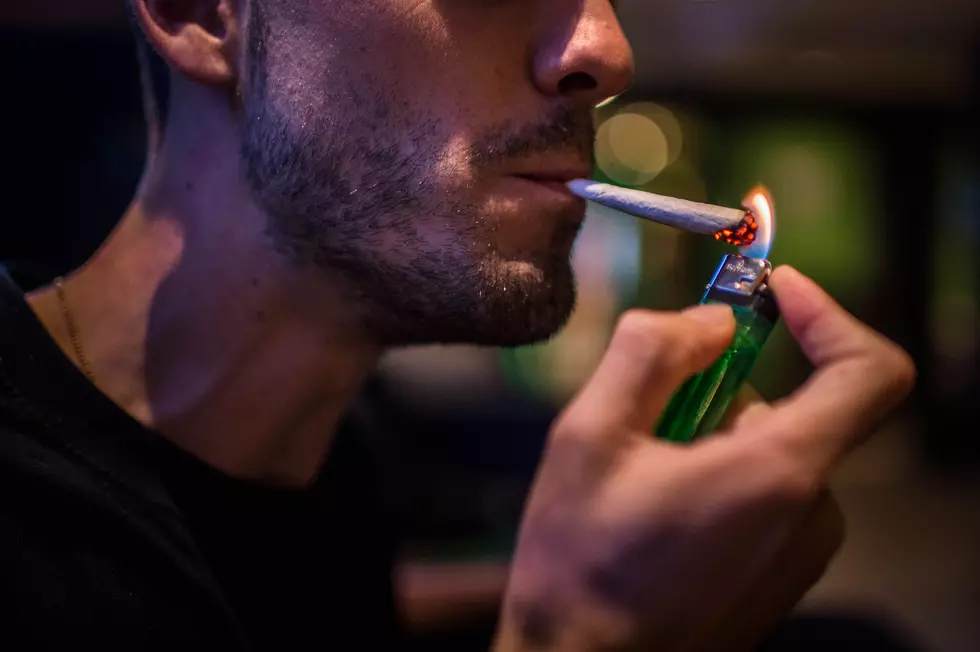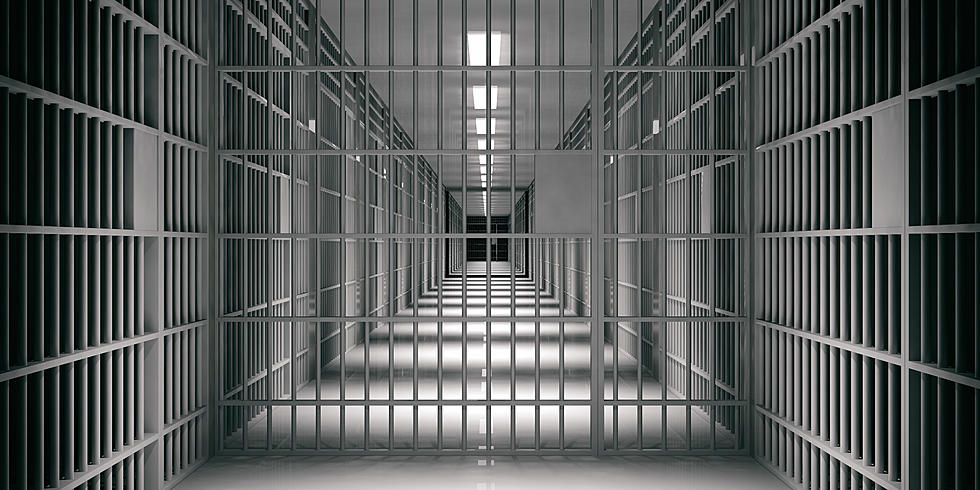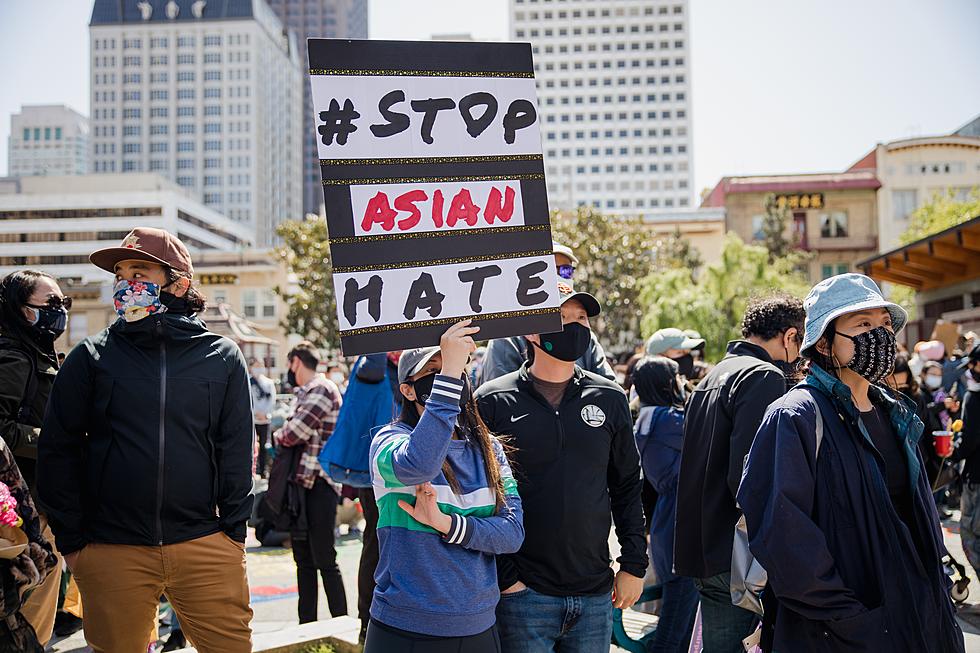
NJ has new policy against cops using chokeholds, neck restraints
TRENTON — Widespread protests sparked by the Minneapolis police killing of George Floyd has led to a new law enforcement policy in New Jersey.
The state attorney general on Friday issued guidance banning chokeholds and neck restraints by police except in cases where the use of deadly force is necessary.
The guidance in a two-page memo to the 21 county prosecutors also includes instructions on respecting journalists in the field and listening to community protesters. It was issued ahead of a major use-of-force policy update that the Attorney General's Office is expected to release by the end of the year.
Attorney General Gurbir Grewal this week announced the planned update to the policy along with other law enforcement accountability and transparency measures as the nation's attention is once again turned to policing and racism. Grewal said the new measures had been in the works before Floyd's death.
Minnesota prosecutors have charged the four now-fired police officers who had detained Floyd, 49, on May 25. Officer Derek Chauvin was recorded on video kneeling on the neck of Floyd for more than eight minutes as the black man and bystanders pleaded for help. After weeks of protests, prosecutors upgraded the charges against Chauvin to second-degree murder and the other three officers were charged for the first time with aiding and abetting.
New Jersey's use-of-force guidelines, last updated 20 years ago, did not address neck restraints even though police academies teach recruits about the dangers of “positional asphyxiation" by kneeling or applying pressure to a person's neck.
The new guidance says officers are "not permitted to perform chokeholds, carotid artery neck restraints, or similar tactics on any individual, except in the very limited situations when deadly force is necessary to address an imminent threat to life."
The guidance adds that "because these tactics create a substantial risk of death or serious bodily harm, officers who cause a subject’s death or injury while performing them face potential criminal liability."
The new guidance also states that "the media has a right to cover protests and public demonstrations from any location where the public is normally allowed, and law enforcement officers should allow credentialed journalists to film, broadcast, and otherwise report on these demonstrations without undue interference."
Grewal this week had to apologize on behalf of law enforcement after a credentialed Asbury Park Press reporter was arrested while covering unrest in Asbury Park on Monday night. Gustavo Martinez Contreras reported that he heard officers say "f--- him, he's part of the problem" and "take down his f---ing phone" during his arrest. Charges against Martinez Contreras were dropped a day later.
Grewal's guidance cites the Reporters Committee for Freedom of the Press, which explains that journalists cannot trespass on private property or break the law but also that “police cannot arrest journalists in retaliation for negative coverage or to prevent reporting on a public demonstration.”
Grewal's memo encourages county prosecutors "to consult with the law enforcement agencies in your counties to ensure that they take all reasonable steps to safeguard the First Amendment rights of journalists during this turbulent time."
The memo also encourages officials to speak to and listen to residents and young people who are "understandably" angry.
Earlier in the week, the state's prosecutors released a joint statement condemning the death of Floyd. Grewal said he agreed with their statement.
"His death reminds us that our country has a long way to go—not only in healing our nation’s racial divides, but also in addressing the systemic and implicit biases that prevent all Americans from equally securing our country’s great promises," Grewal said. "Now more than ever, we must redouble our commitment to building trust between law enforcement and the people we serve, especially those from historically marginalized communities."
More From WOBM News:

KEEP READING: 50 community resources supporting Americans financially impacted by COVID-19
More From Beach Radio










